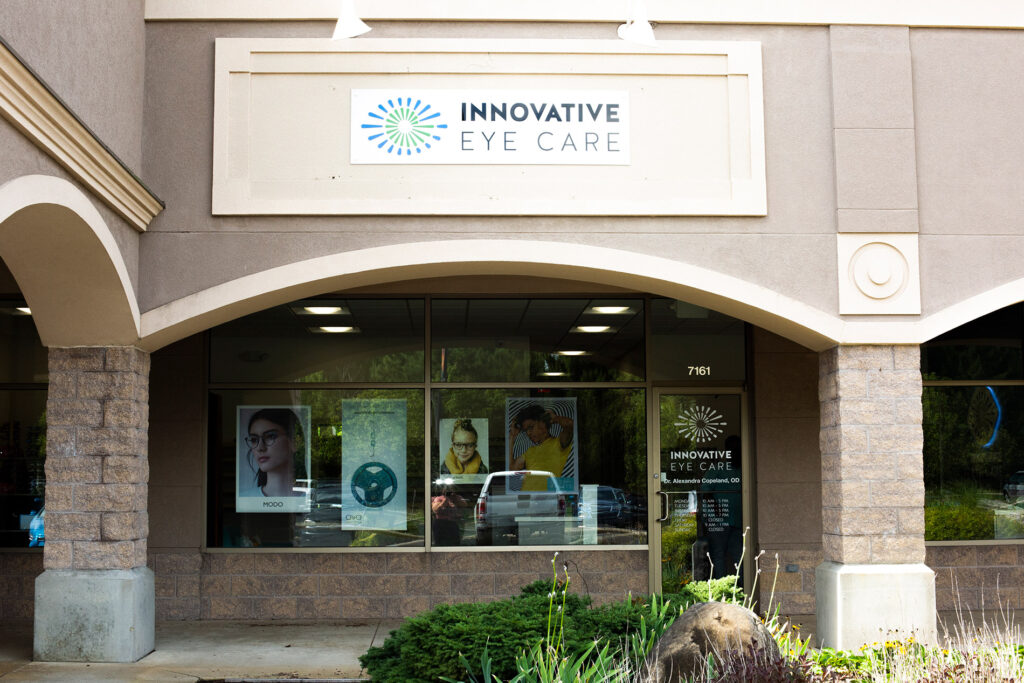March 10-16, 2019 is World Glaucoma Week. More than 2.8 million Americans have glaucoma and almost half don’t know it! It is the second leading cause of blindness in the US. Read this blog post to learn more about glaucoma.
Glaucoma is an eye disease that causes damage to the optic nerve inside the eye. The optic nerve is responsible for sending the information about what the eye sees to the brain. Damaged to the optic nerve causes a loss of side vision and can ultimately lead to blindness when the damage is very severe.

Eye pressure causes damage to optic nerve
Researchers are still not 100% sure what causes glaucoma. However, glaucoma is most commonly caused by high pressure inside the eye. The eye is constantly creating fluid that naturally drains and is absorbed by its blood vessels. Eye pressure can increase if this drainage system is not working right. The higher pressure inside the eye pushes on the optic nerve and causes damage.

Vision loss with glaucoma
Glaucoma is often called the silent blinding disease because there are usually NO signs or symptoms. Most people who don’t know they have glaucoma find out after they experience a decrease in vision. At this point the optic nerve has been damaged and the vision cannot be restored to normal.
Anyone can develop glaucoma and some people are even born with the disease. However, glaucoma is more common in people over the age of 40, African Americans, and those with a family history of the condition.
Unfortunately, at this time there is no cure for glaucoma. However, glaucoma can be managed to prevent any or further damage to the optic nerve. A person diagnosed with glaucoma needs to instill eye drops on daily basis to help control his eye pressure. If his eye pressure stays uncontrolled even after taking drops he may need to have surgery to lower the pressure.
At this time, there is no way to completely prevent the development of glaucoma. Early detection is key in managing the disease because optic nerve damage is irreversible. Having an annual eye exam is extremely important. Dr. Copeland checks eye pressure and looks at the the optic nerve for any signs of glaucoma during every comprehensive exam. If she determines you have glaucoma, she can prescribe drops for you to manage your pressure. Early treatment prevents major damage to the optic nerve.
